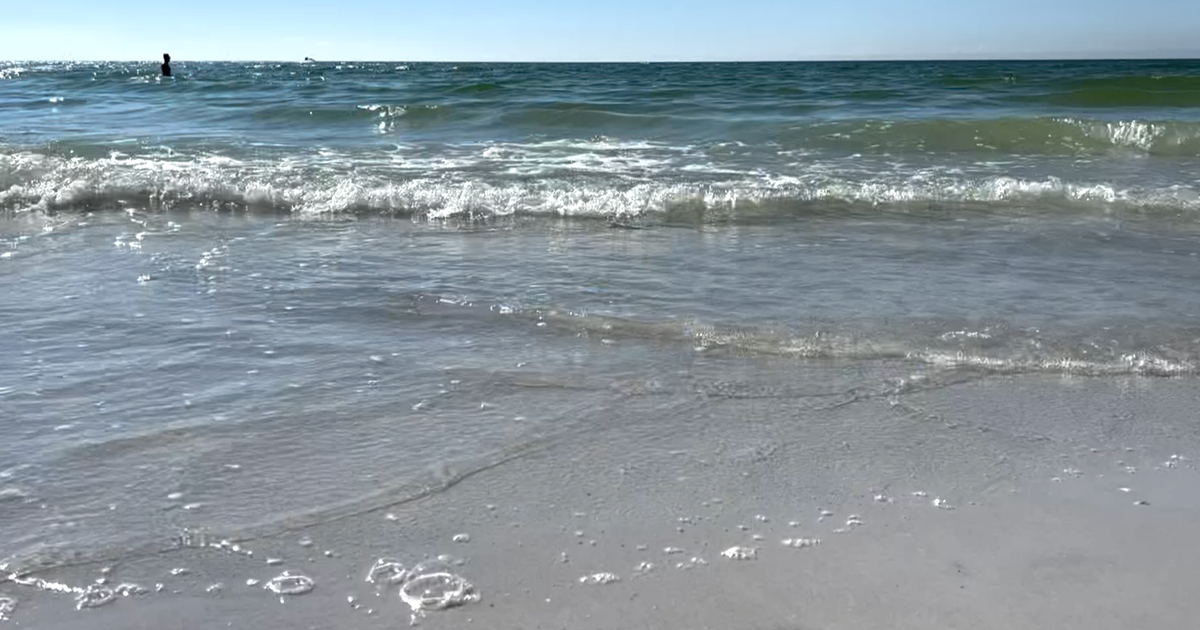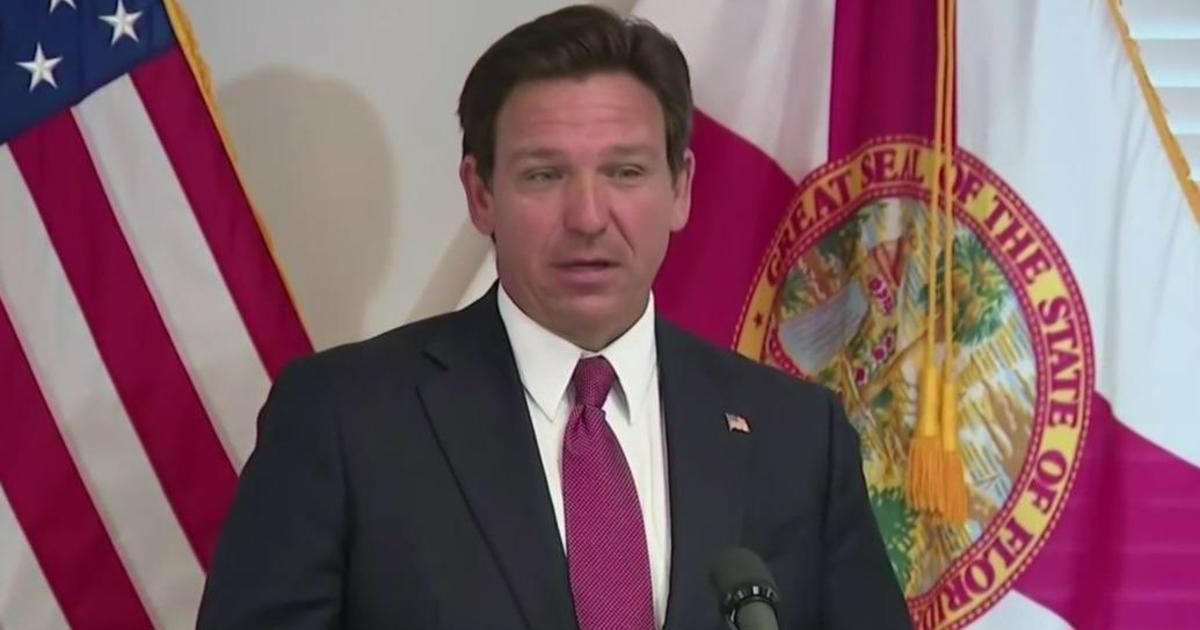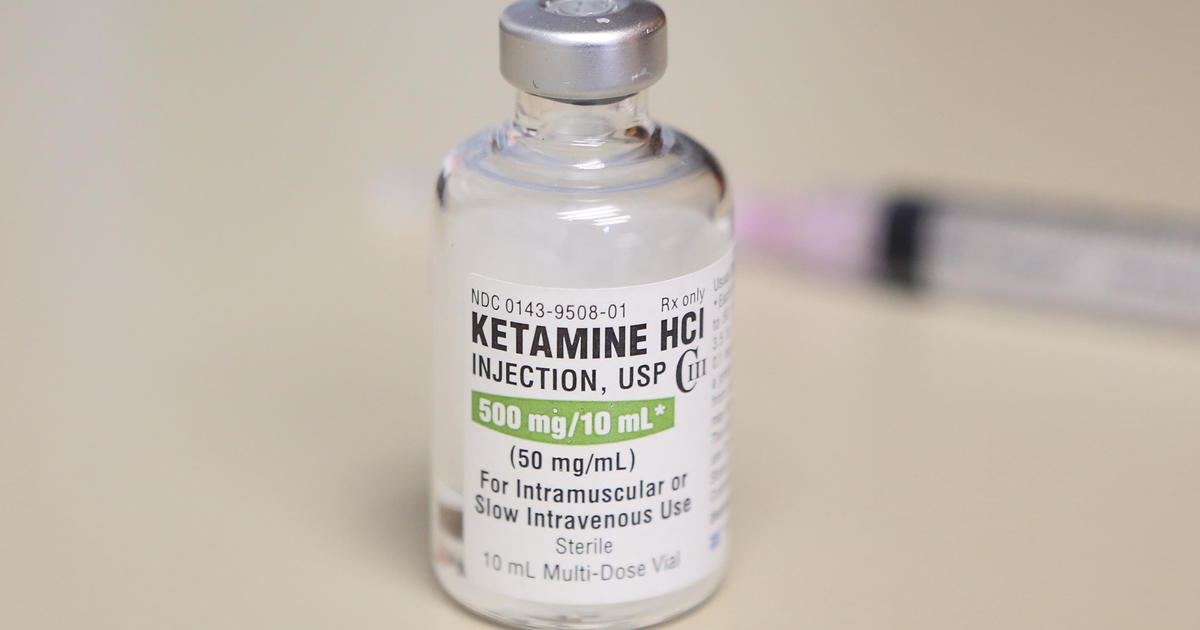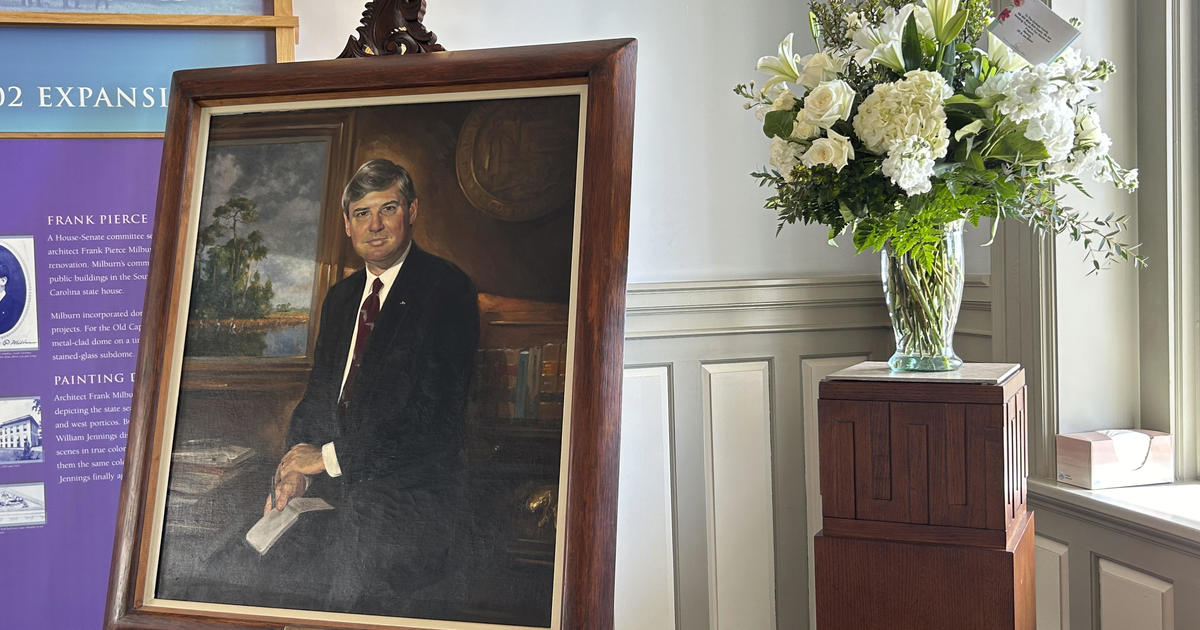Florida Supreme Court Rejects Coral Gables' Styrofoam Food Container Fight
TALLAHASSEE (CBSMiami/NSF) - The Florida Supreme Court declined Wednesday to take up an appeal in a battle about Coral Gables' attempt to ban Styrofoam food containers.
The decision effectively let stand a ruling last year by the 3rd District Court of Appeal that upheld the constitutionality of state laws that blocked a 2016 Coral Gables ordinance on polystyrene, commonly known as Styrofoam.
As is common, the Supreme Court did not explain its reasons for declining to hear the case, but the decision was unanimous.
Coral Gables approved an ordinance to ban Styrofoam in February 2016, and the Florida Retail Federation and Super Progreso, Inc., later filed a lawsuit challenging the ordinance's legality.
The Attorney General's Office backed the retailers in the case, including filing a brief in November at the Supreme Court.
The case focused heavily on a wide-ranging Department of Agriculture and Consumer Services bill that lawmakers passed in March 2016. The bill barred local governments from regulating food-related polystyrene containers and made that prohibition retroactive to any local ordinances passed after Jan. 1, 2016.
Coral Gables was the only city affected by the Legislature's decision to make the law retroactive to Jan. 1, 2016, spurring arguments that it was unfairly singled out.
The city's attorneys also argued that the Legislature improperly delegated regulation of polystyrene to the Department of Agriculture and Consumer Services and created a "regulatory vacuum."
"The city, for example, has more than 100 miles of waterway; its need to regulate the sale and use of environmentally harmful materials like polystyrene is immediate, and likely more so than that of other Florida municipalities," the city said in a brief filed at the Supreme Court. "Despite home rule, its hands are now tied, and there is nothing to indicate that the department will take action on polystyrene. Were the Legislature to similarly preempt all regulation of a more imminently dangerous product --- for example, toxic chemicals or weapons --- the consequences for local governments would be all the more severe."
But in the November brief, lawyers in Attorney General Ashley Moody's office said the case "breaks no new ground regarding the nature of the Legislature's power to preempt local ordinances" and, as a result, the Supreme Court should not take it up.
"The (3rd District Court of Appeal) decision simply restated the well-established legal principle that the Florida Legislature can expressly preempt a subject matter for state regulation if it so chooses," attorneys for the Florida Retail Federation and Super Progreso, Inc., wrote in a separate brief in November. "The Legislature did so in the three clear and unambiguous statutes at issue."
State attempts to preempt local regulations have been a high-profile issue in Tallahassee in recent years, including during the current legislative session.
The Senate, for example, passed a bill (SB 172) last month that would prevent local governments from regulating over-the-counter drugs and cosmetics. The proposal, which is pending in the House, stems from a decision by Key West to ban certain types of sunscreen because of concerns they could harm coral reefs. Supporters of the bill have pointed to a need to make sunscreen available to prevent skin cancer.
(©2020 CBS Local Media. All rights reserved. This material may not be published, broadcast, rewritten, or redistributed. The News Service of Florida's contributed to this report.)



